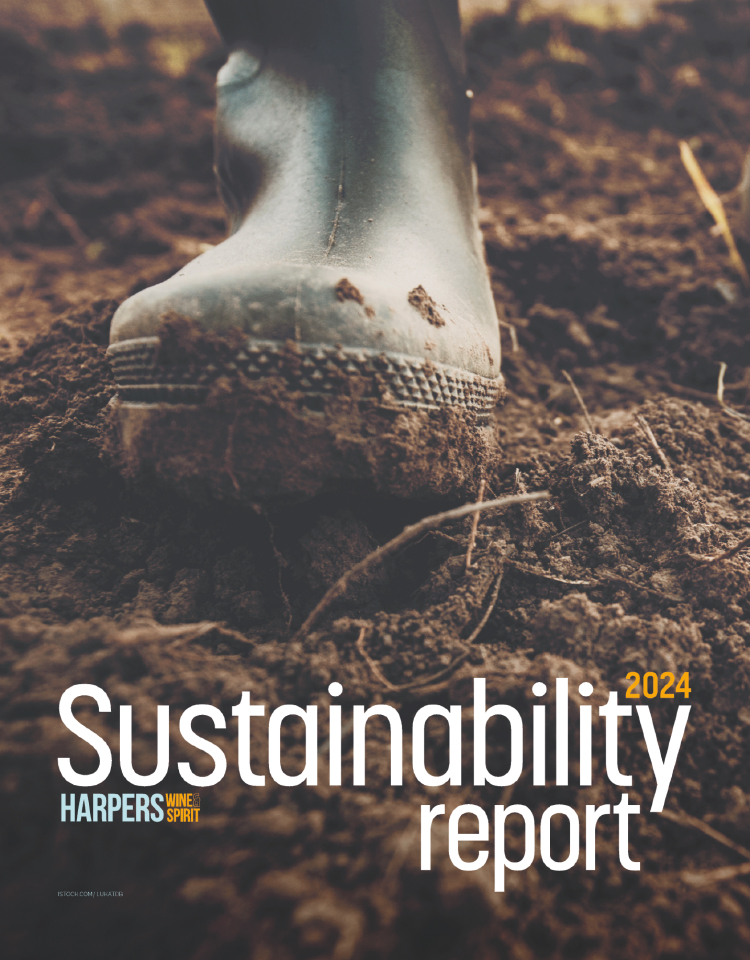
Collette Whittington-Bowers: Back to Business Q&A
As the trade measures up to extraordinary times and swings into the height of summer, leading businesses and operators take stock of trading conditions in the new normal.
Collette Whittington-Bowers, wine director at Hills Prospect, continues our series with insights into shifting sales patterns, gradual recovery and returning consumer confidence.
How is the business performing and what are sales like compared with pre-lockdown?
An initial boom where customers were stocking up for Super Saturday on the 4th then flat but that has evened out to around 55%-60% of where we would normally be - better than we anticipated at this early stage.
What are the biggest changes and challenges in adjusting to the ‘new norm’?
The biggest challenges to the ‘new norm’ is that there is no ‘norm’! Every day is different as there are no longer markers such as pay day, school holidays, etc, to gauge anything by and we have found different products are selling [compared with normal], especially when it comes to wine, so it’s hard to get stocks right at the moment.
Which government measures, if any, have had an impact on your business and have you been passing on or absorbing savings?
The biggest positive impact for us is the furlough scheme which has been an amazing help ensuring, as always, that staff are the priority and we could keep more employed than we first thought. The flexi-furlough scheme continues to be of huge benefit.
Have you seen any significant shift in type and price of wines and spirits sold and, if so, what has that been?
Definitely – with regards to type, more expensive wines are selling as I think the consumer acquired a taste for them during lockdown. Provence rosé and Champagne in particular.
Covid-19 has ignited discussions around health, not least the government’s anti-obesity campaign which could see mandatory ‘hidden calorie’ content on alcohol labels and menus in the on-trade. In your view, what would be the impact of this?
As we are in the on-trade, we would have to be guided by our customers and what they have been requested to do by their customers. So far, we have had no requests or enquiries.
And what of other government-backed schemes like the Eat Out to Help Out initiative, on the health of the trade?
I actually saw the benefit of this myself only last night when, in my local town, every restaurant was at capacity. However, I am concerned that this is working in local towns and suburbs but I’m not sure it is a big enough boost for London.
The end to the Brexit transition period is just around the corner on 1 January. How have you been preparing during and post-lockdown?
Pre-lockdown we discussed the implications with many suppliers and researched the information on tariffs, etc. Post-lockdown, nothing as yet as the priority is getting back to a certain level of business. It will of course be back on the agenda soon.
Have the past few months led to any positive change that the trade can and should adopt going forward?
I believe that most of the industry has been so helpful to each other, generous and tolerant.
Covid-19, recession, Brexit, climate crisis – we’re living though extraordinary times – what will the biggest challenges for the drinks trade going ahead?
Going forward all we can really hope for is that there is no second wave and another lockdown – it would be utterly devasting for the industry. If that does not happen, we need the consumer to regain their confidence in eating and drinking out, socially distanced of course.
Keywords:
- On-Trade
- trade
- Wholesaler
- Wine Buyer
- Covid-19
- Back to Business
- Eat Out to Help Out
- Collette Whittington Bowers
- Hills Prospect






